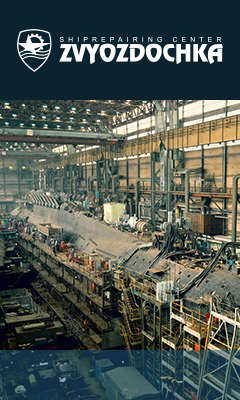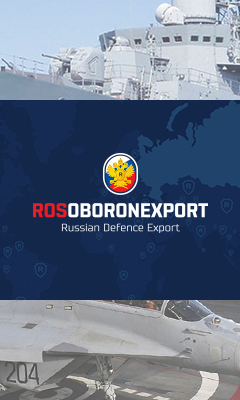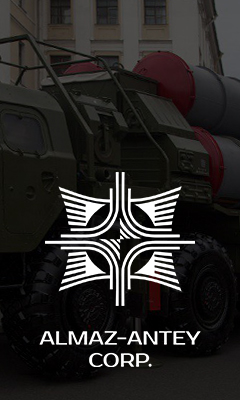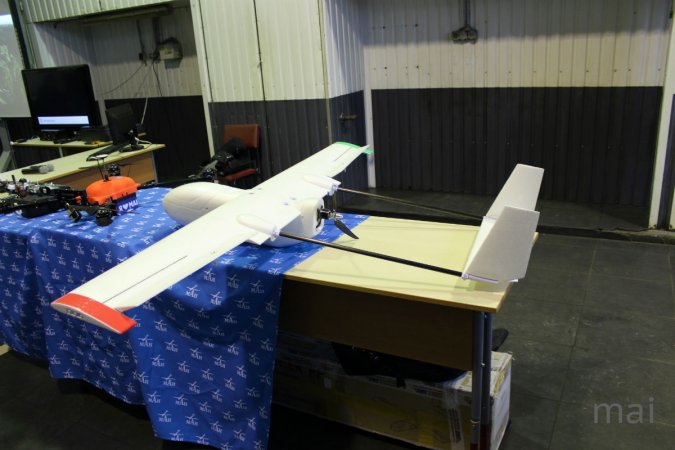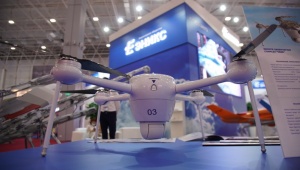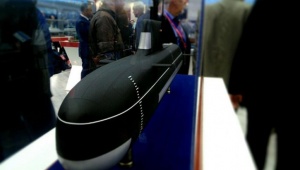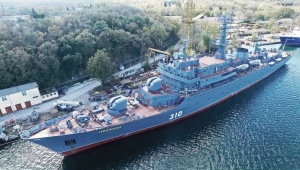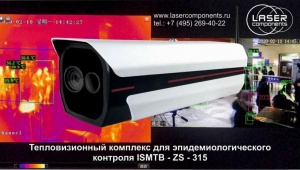"In many cases, an uncertain situation requires non-standard decisions from a UAV operator. Example, while changing of combat task conditions, he may select a new unconventional but effective action plan. This is how a man differs from machines and this is what we want to teach stand-alone UAVs", explains Nikolai Kim, professor at MAI and the project manager.
The system will make decisions on the basis of the problem classification and analysis of qualitative indicators. The software has the database (certain facts) and the knowledge base (space/time and cause/effect relations, etc). The system receives and analyses data from onboard sensors, models the scene and evaluates the situation. Then it independently chooses the strategy and determines the optimal action plan.
The scientists use available videodata processing & analysis algorithms, including target detection and positioning, flight path planning. The tests are held in laboratory and flight conditions on small-size UAVs.
The system is based on the onboard computer that normally controls the standard autopilot system.
Russia Designs Decision-Making Technology for UAVs
The Moscow Aviation Institute (MAI) works on a control system for stand-alone unmanned aerial vehicles. The first pilot model will be demonstrated in 2020. The UAVs will be capable to make decisions without human input in situations with different possible outcomes, designers say.










